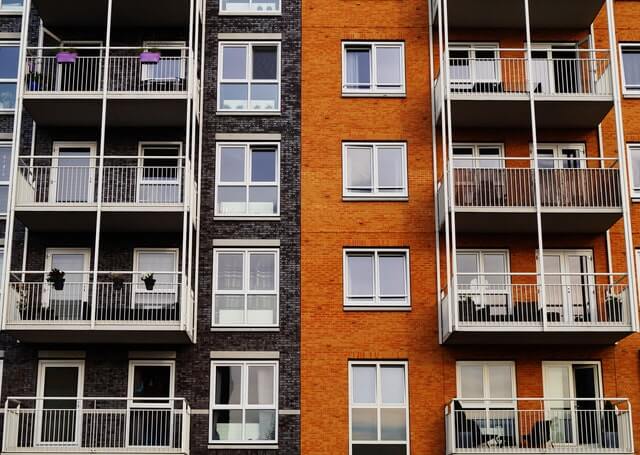If you are injured in your rental, suing a landlord for negligence may be your best option to cover your bills. Here’s what to know.
For a tenant to succeed in their suit against a landlord, they must first demonstrate that the landlord’s actions (or inaction) were naturally and foreseeably responsible for the tenant’s injury. There is no automatic liability for landlords in situations of injury suffered by tenants while renting from them. A landlord is typically liable for tenants’ injuries only if their actions (or inaction) caused the injuries or contributed to them.
Renters who sustain personal injuries may be able to recover damages from their landlords. Tenant personal injuries can cause both physical and emotional harm. The tenant can turn to the court for a personal injury lawsuit if they were injured because of a variety of reasons, including a fire in the building, a fall that occurred because of deteriorated steps, insect infestations, lead, mold, faulty repairs, carbon monoxide, vermin, and criminal offenses, including rape, assault, and robbery.
In the event of landlords being unresponsive, ignoring, or unconcerned about the safety of their properties, tenants may be in danger of getting injured. Despite your lease clauses, your landlord owes you the responsibility of making sure the rental property is livable, secure, and not in urgent need of repair. According to the Supreme Court, there is a “guarantee of habitability” included in all residential rental agreements.” Therefore, your landlord must ensure that the rental property is livable, secure, and not in urgent need of repair despite your lease—Superior Court v. Green, 10 Cal. 3d 616 (1974). As a landlord, you must ensure that the rental unit is habitable and make sure that you comply with local and state building and health codes. Cal. Civ. 1941 Code.
Having a negligent landlord can cause a lot of problems
According to the legal definition of negligence, a landlord may be held responsible to a tenant if their behavior causes the injury to the tenant –whether there was any intention to cause the tenant harm or not. When an ordinary person reasonably foresees that an act (or failure to act) would result in the injury in question, this act (or failure to act) is the proximate cause.
A person may be held liable for the harm they cause to another person when they are negligent. A landlord can be held responsible for injury caused by their negligence if they fail to care for the premises and the negligence causes the tenant’s injury. The tenant must prove the following to prove negligence:
- It is the landlord’s responsibility to ensure that the property is maintained reasonably;
- It was known or should have been known that the condition was dangerous;
- Keeping the dangerous condition unfixed breached the landlord’s duty;
- The tenant suffered injury as a result of the landlord’s breach;
- The plaintiff sustained actual damages.
The Benefits of Suing a Landlord for Negligence
There are some advantages to filing a lawsuit for tenants.
● Landlord may settle outside of court if it is motivating
Your landlord may do everything to avoid going to court if you tell them you plan to sue. If a settlement can be reached, the matter will never have to go to court.
● You can receive the money you owe
The money owed to you will be awarded to you if you sue the landlord and win. In some states, you will be awarded more than twice the amount of your security deposit if your landlord wrongfully withheld it.
● Receive the damages that you are entitled to
The number of damages you may be able to receive as well if you are successful in your lawsuit against your landlord. A damage award could be made for pain and suffering you experienced because of the terrible living conditions of your unit, for example.
● Staying in your apartment for a prolonged period
If you sue your landlord for wrongful eviction and win your lawsuit, you will not be forced to leave your apartment unless you decide you want to leave it.
What kind of damages is available to a person who has suffered a personal injury while at a landlord’s property?
When your landlord’s negligence causes you to suffer injuries in a motorcycle accident, you may be entitled to compensation for your medical bills, lost wages, pain, suffering, disability, disfigurement, emotional distress, and damage to your property. There might be an award of punitive damages, treble damages, and future damages, depending on the circumstances.
A tenant injured on the rental property should consult with a tenant attorney as soon as possible due to a statute of limitations (i.e., the time limit for suing a landlord for negligence).
Conclusion
Are you suing a landlord for negligence? A lawsuit is an option, but it is not always the best choice. The more lawsuits you file against your landlord, the harder it will be for you in the future to find and pay for another place. As far as litigation is concerned, you do not want to get a reputation for being the person who sues for everything. In certain circumstances, one might only be able to take legal action, such as if a landlord’s negligent actions have caused a serious injury. Other, less severe situations may not warrant a lawsuit.

